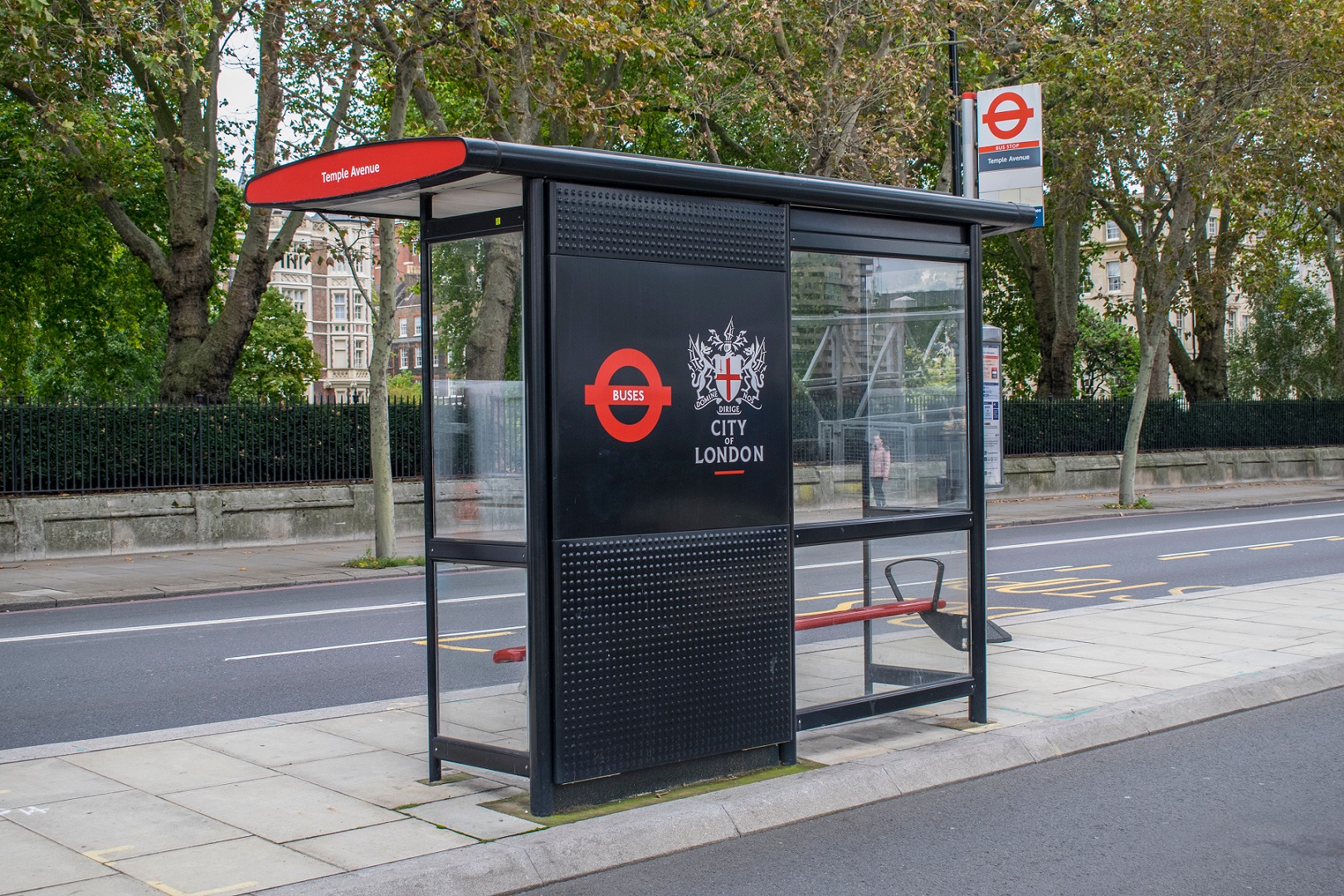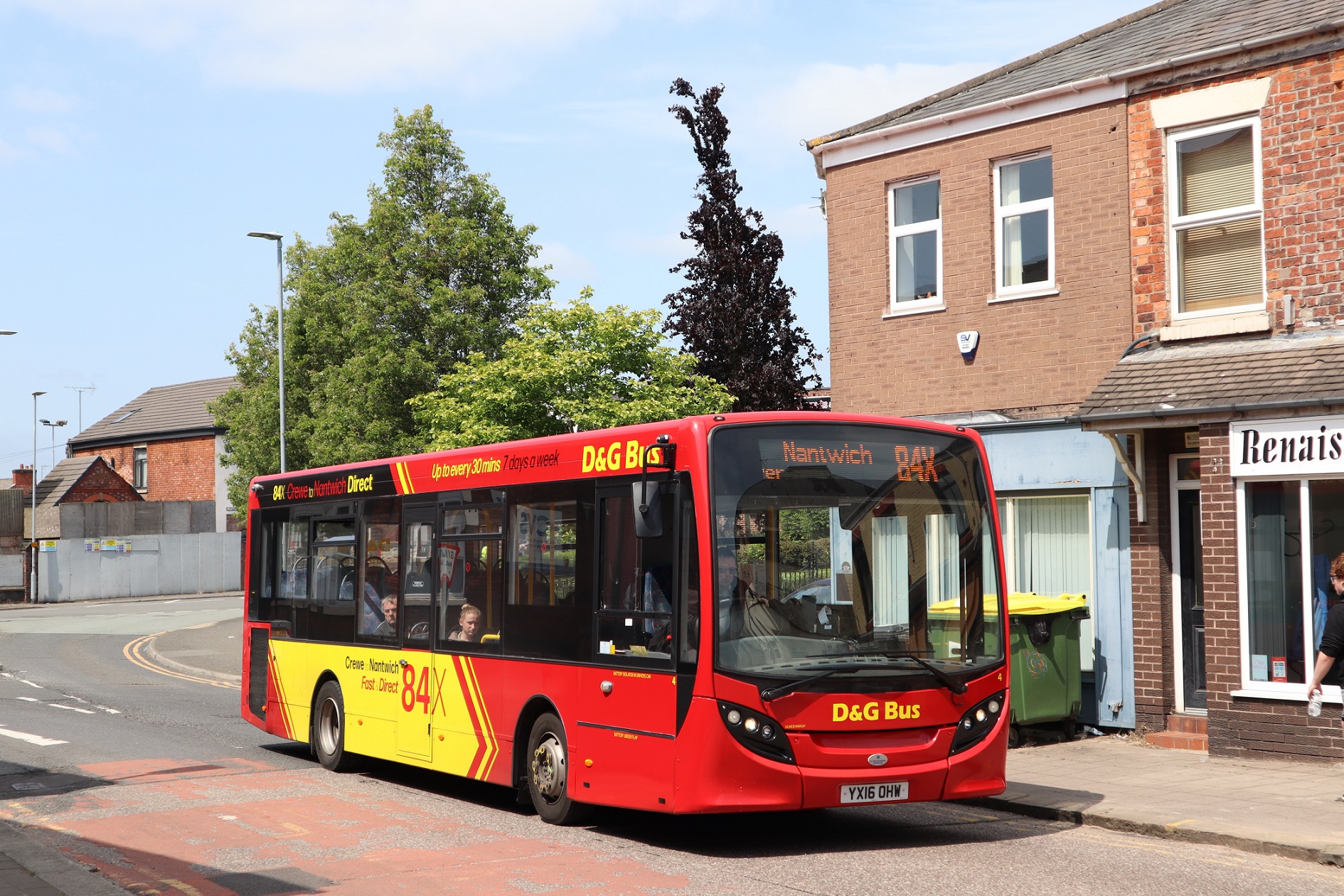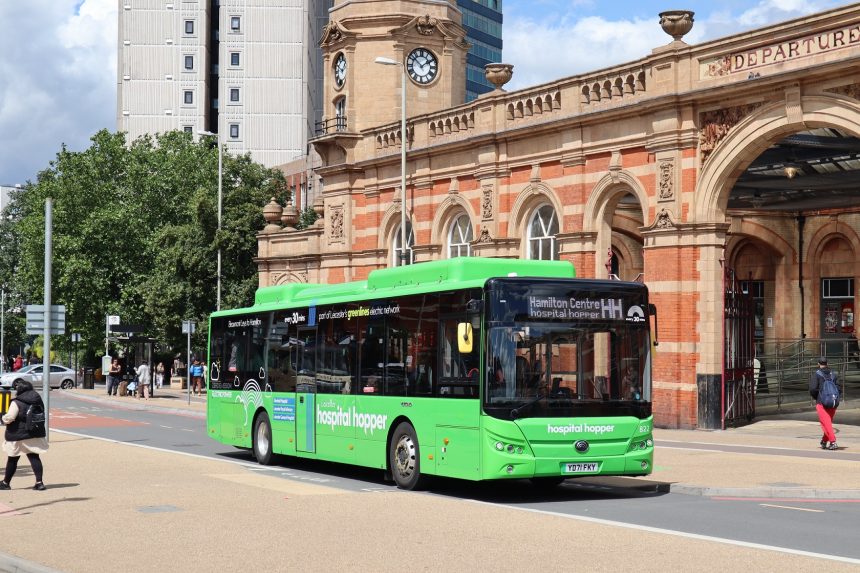Among promises made in the National Bus Strategy for England at publication in 2021 was one committing the Department for Transport (DfT) to establishing a Bus Centre of Excellence (BCoE). During that early stage of formulating new policy approaches to bus services in England outside London, the name of the Centre made clear what it would strive to deliver.
BCoE launched in the first half of 2023. Its purpose is to bring together local transport authorities (LTAs), operators and suppliers into a constructive unit to develop best practice and build skills to deliver better bus services. The Centre now has around 400 active members in those fields. Knowledge-sharing efforts include in-person and virtual events, training, newsletters, a web resource, blogs, and other channels.
The Centre is managed on DfT’s behalf by the Chartered Institute of Highways and Transportation (CIHT). Interim Head of BCoE is Sharon Kindleysides, supported by two other staff members. An advisory board is chaired by senior industry figure Leon Daniels and includes DfT Deputy Director, Bus Reform, Sharon Maddix. There is also a project board, and a stakeholder group.
More members sought by Bus Centre of Excellence
Uptake of events held so far has been good, Sharon notes. A conference in Leicester during late 2023 drew over 100 delegates and was hosted by Leicester City Council and supported by First Bus. Accessibility, women in the industry, priority measures, planning for bus services in new developments, and driver recruitment are among other topics already explored.
“The phrase that DfT has used to describe BCoE is ‘for the industry, by the industry’,” Sharon notes. Key to the Centre is asking the sector what it wants, or where gaps in knowledge or best practice exist and then filling them.
To do that, she wants more members aboard. DfT funding is confirmed until March 2025, with a hope that its support will continue after then. Work is already underway to explore how the Centre could be funded beyond that point.
Sharon aspires to having 1,000 members of BCoE. LTAs are currently best represented, although newcomers from all three areas are equally welcome. Events Officer Anne-Marie Idowu notes that current participants are “very active,” and how bus operators that have already signed up include representatives of large groups and SMEs.

“In 2024, we want a push to get additional people involved,” Sharon continues. “We want more to be asked of us, and to deliver more material that the industry is interested in.” As an example of what is already in hand, floating bus stops are an area for policy research. Stakeholder engagement is another task in 2024, including after mayoral polls and the general election.
Working on a ‘not reinventing the wheel’ basis
Best practice sharing is based on “not reinventing the wheel,” Sharon explains. She points to the deployment by Metrobus of hydrogen fuel cell-electric buses. “There is no point in many other operators going through the same ‘pain points’ to learn about hydrogen. A report, a webinar, a case study – we are flexible in how we can do things. The idea is that we take the learning and share it.”
BCoE is independent of DfT and other organisations representing the bus industry, but Sharon is keen that there is no overlap of work with the latter to ensure best use of resources. She is thus engaged with the wider sector to create what could be seen as a Venn diagram of activities in hand.
A close relationship exists with Transport for London, and another aspiration for 2024 is to take its Big Red Book for bus drivers and develop it into something similar for outside the capital.
See Bus Centre of Excellence as a service, industry advised
Membership of BCoE is free. Most material is open access via its website library, but some needs a log-in. The latter includes certain CIHT modules, and a forum. DfT requires that various KPIs are supplied to illustrate the level of interest in the Centre, and the number of members is among those.

While BCoE is government-funded, its delivery by CIHT is to maintain independence from DfT. Sharon notes that regular review meetings are held with DfT, and that some guidelines have been received, but she adds that the Centre should be seen by the bus sector as an independent forum for free discussion and sharing.
“We want members to view us as a service,” Sharon continues. “If someone says that they are very interested in a webinar on a particular topic, we can do it. If a member wants a training event on a certain topic, we can investigate it.” Meeting sub-national transport bodies to discuss bus services is another workstream.
“BCoE has a level of flexibility, and I would like members to ask us about these kinds of items. The programme is fluid and can be built around what members want.” The stakeholder group is also key to direction of tasks, she adds.
Sharon does not rule out exploring how relationships between LTAs and operators can be improved as a future avenue, in recognition of the close alignment of those parties advocated by Bus Back Better. The Centre is open to allcomers from the industry and its stakeholders. It is keen to grow and share knowledge; to do that, the sector must buy in.
BCoE website here.



























